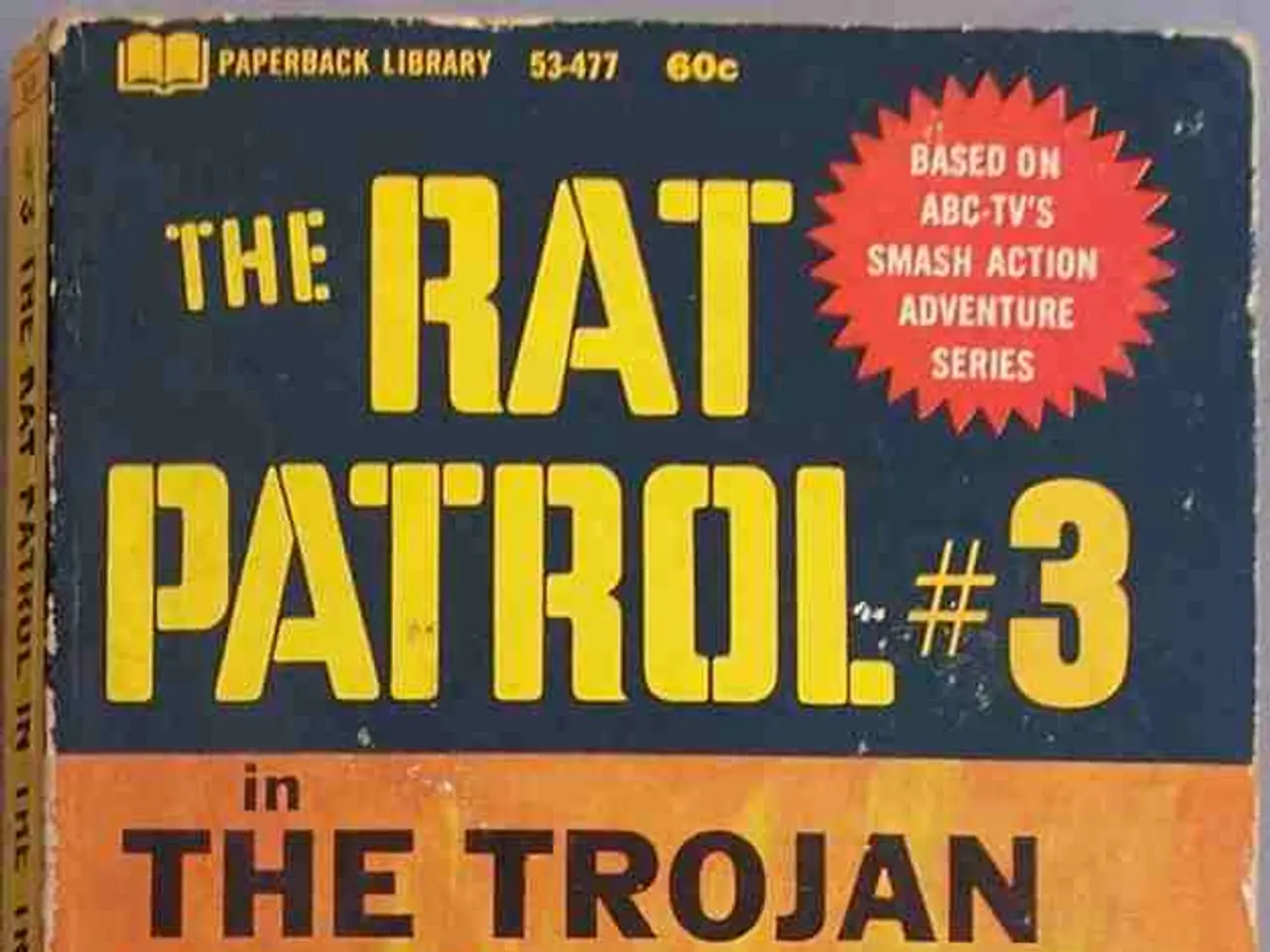U.S. tariff evasion potentially within reach after positive discussions between Mexican authorities
The United States and Mexico are in the final stages of negotiations over a potential 30% tariff on imports from Mexico, with the results of these talks expected to be announced on Friday. The tariff, if implemented, would replace the existing 25% tariff on Mexican goods that do not comply with the USMCA free trade agreement.
The exact scope of the proposed tariff has not been clarified by the United States. It remains unclear whether the new 30% tariff would replace or be additional to the current 25% tariff on non-USMCA compliant goods. However, the more common interpretation is that it raises the tariff on non-compliant goods by 5 percentage points from 25% to 30%.
The U.S. government has not officially confirmed whether USMCA-compliant goods remain exempt from these tariffs, but White House sources suggest exemptions for compliant goods will likely continue. This tariff escalation exposes risks to the integrated US-Mexico production ecosystem, particularly in Texas, which relies heavily on Mexico for supply chains involving auto parts, electronics, and agricultural goods.
Mexico, led by President Claudia Sheinbaum, has been actively working to prevent the implementation of the 30% tariff. Sheinbaum has made a series of proposals that have to do with Plan Mexico and reducing the trade deficit with the United States. She has also expressed optimism that Mexico will reach a deal to ward off the tariff. Economy Minister Marcelo Ebrard stated that "everything that Mexico had to do is already done" in relation to the negotiations.
The negotiations came after a letter from the U.S. president informing President Sheinbaum that a 30% tariff would be imposed on Mexican goods starting August 1. Auto parts made in Mexico that don't comply with USMCA rules have been subject to a 25% tariff since May. The United States imposed a 25% tariff on steel and aluminum in March and increased the rate to 50% in June.
The Mexican government has spent much of 2025 attempting to negotiate relief from tariffs imposed by the United States. More than 80% of Mexico's trade with the United States is tariff-free, according to Economy Minister Marcelo Ebrard. If the 30% tariff is implemented, it would apply to less than 20% of total trade between Mexico and the United States that is non-USMCA compliant, according to Ernesto Revilla.
In other developments, Sheinbaum pointed out that fentanyl seizures at the Mexico-U.S. border have significantly declined since she took office last October. Fresh tomatoes from Mexico have faced a tariff of around 17% when entering the United States since July 14.
As the deadline for the tariff decision approaches, both countries are closely monitoring the situation, with industries on both sides eagerly awaiting the outcome of the negotiations.
- The business community in Texas is concerned about the potential 30% tariff on imports from Mexico, as it could disrupt the integrated US-Mexico production ecosystem, affecting supply chains involving auto parts, electronics, and agricultural goods.
- The Mexican government, led by President Claudia Sheinbaum, is actively working to prevent the implementation of the 30% tariff on Mexican goods, making proposals related to Plan Mexico and reducing the trade deficit with the United States.
- If implemented, the 30% tariff would apply to less than 20% of total trade between Mexico and the United States, according to Ernesto Revilla, affecting only non-USMCA compliant goods.
- The proposed tariff escalation raises concerns about the general-news regarding the state of the economy and the impact it could have on various industries, particularly those in North America.
- The tariff negotiations are not just about economics and politics, but also about finance, as the tariff could impact the flow of money between the United States and Mexico, potentially affecting industries such as the auto industry and agriculture.




